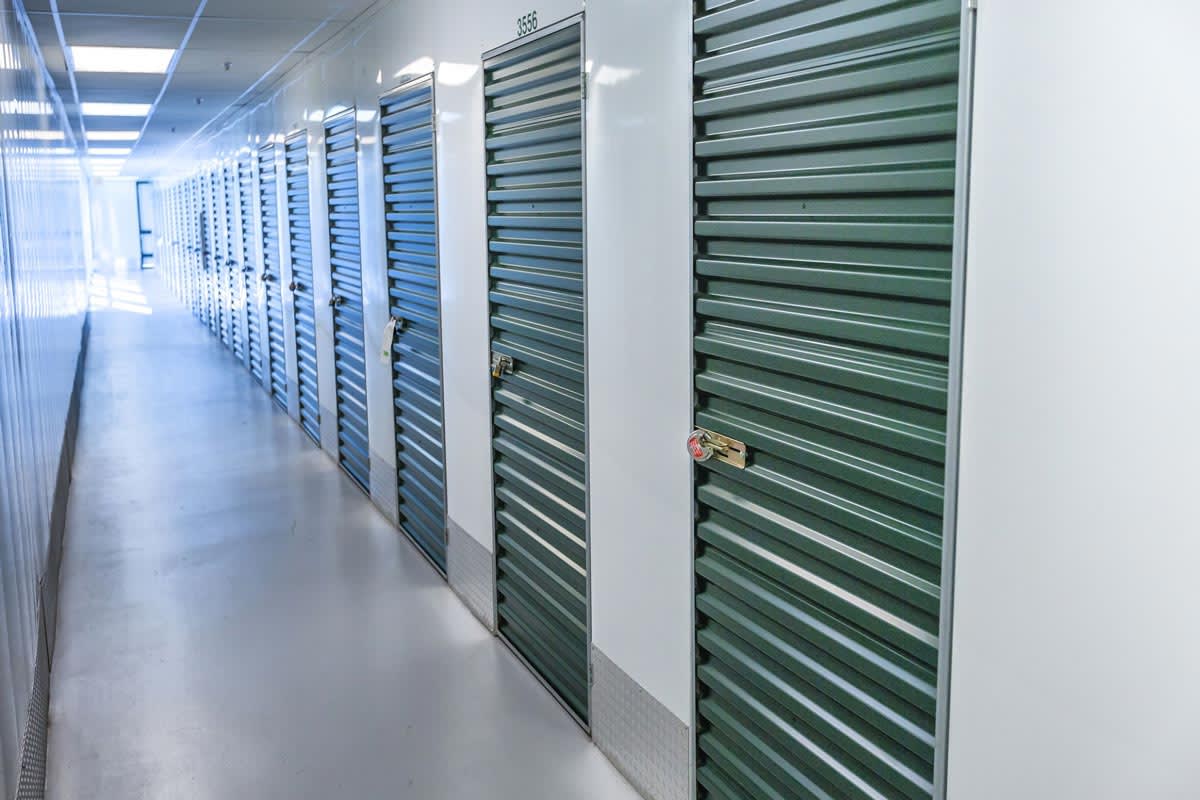
Find storage units in Louisville, KY
Find storage units in Louisville, KY
Share a few details and we'll show you the best storage units in your area.
Zip code
Find storage units in Louisville, KY
Share a few details and we'll show you the best storage units in your area.
Zip code
Top 10 storage units in Louisville, KY
Homeowners agree: these Louisville storage units are highly rated for knowledge, experience, communication, and more.
New on HomeGuide
8+ years in business
Serves Louisville, KY
Kentuckiana Moving, LLC is a Top-Rated Local & Long Distance Moving Company servicing the entire United States. We are located in New Albany, Indiana but service within 500 miles of our office. With over 10+ 26' Box trucks, 21 professional movers, and over 3000+ 5-Star reviews. We are ranked as the Top Moving Company in Indiana with a Top 3 ranking in the Louisville, KY area.
Your storage units questions, answered
Answers to commonly asked questions from the experts on HomeGuide.
Reviews for Louisville storage units
Recent success stories from people in the Louisville area.
How HomeGuide works
Search
Search, get cost estimates, contact pros, and book—all for free.
Compare
View profiles, read reviews, check qualifications, and see prices before hiring.
Hire
Ask questions, confirm their availability, and hire the right pro when you're ready.